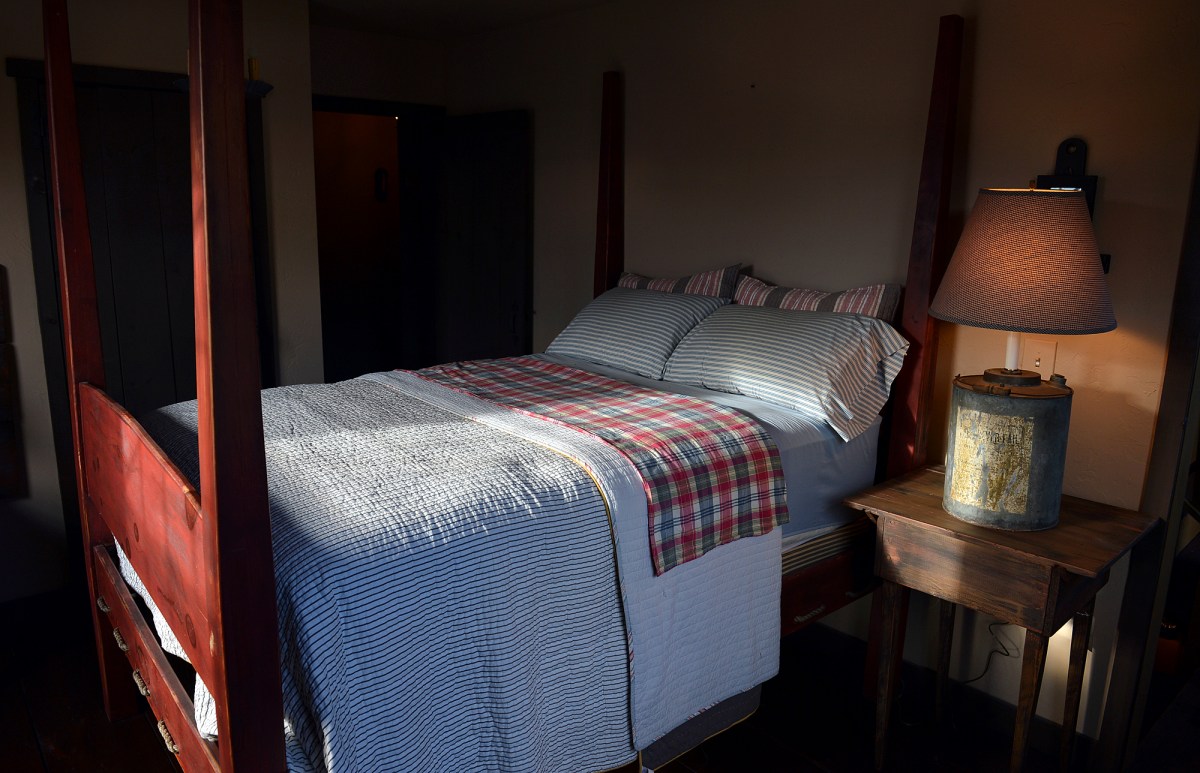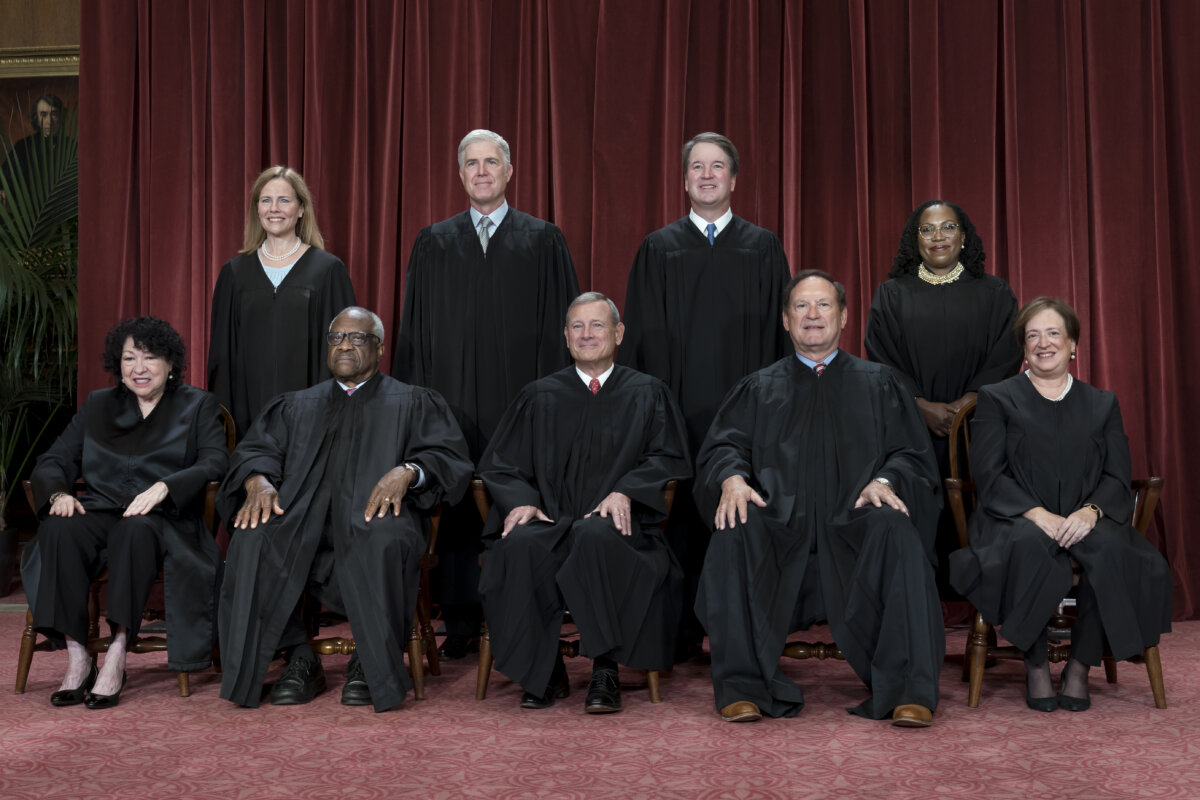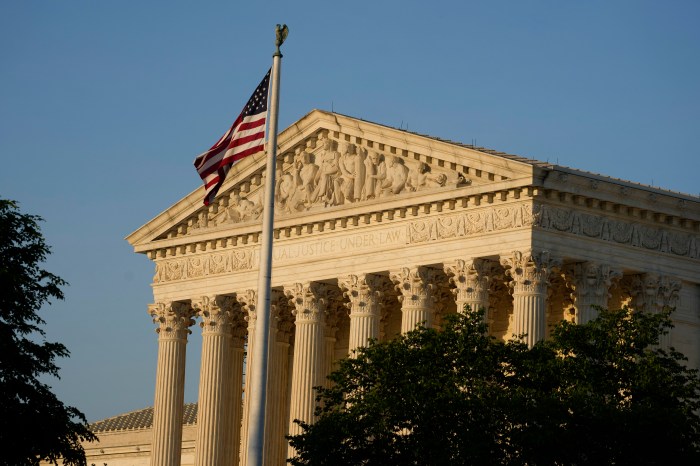Spending too many nights trying to fall asleep — or worrying there aren’t enough ZZZs in your day? You’re not alone.
Nearly one-third of American adults say they don’t get the recommended seven to nine hours a night. Some of the major causes: Stress, anxiety and a culture that experts say is about productivity, not rest.
“You need to understand what your body needs and try your hardest to prioritize that and not just see sleep as kind of what’s left over of the day,” said Molly Atwood, an assistant professor of psychiatry and behavioral sciences at Johns Hopkins School of Medicine.
Don’t fall for online fads or unproven methods to fall asleep and stay asleep. Instead, try these simple tricks recommended by sleep experts.
Work-related stress is inevitable, and it can be hard to disconnect. Try creating a “buffer zone” between the end of your work day and your bedtime.
Experts suggest leaving career work and daily responsibilities alone about an hour before bed. Don’t check email, pay bills, do chores or scroll endlessly through social media. Instead, create a routine where you relax with a book, indulge in a hobby or spend time with loved ones.
“It goes back to the core value of mindfulness,” said Dr. Annise Wilson, an assistant professor of neurology and medicine at Baylor University. “Anything that helps to center you and just helps you focus and release a lot of that tension from the day will then help promote sleep.”
Eating a large meal right before bedtime can disrupt your sleep, so try to grub in the early evening hours.
“I would say that eating a large meal is impactful simply because it’s like giving your body a really large job to do right before sleep at a time when things are supposed to be shutting down,” Atwood said.
But don’t go to bed super-hungry, either. Try snacks with protein or healthy fats, like cheese, almonds or peanut butter on whole grain bread.
Having a nightcap or post-dinner espresso might feel relaxing, but it could lead to a long night.
While alcohol can help you fall asleep initially, it can disrupt your sleep cycle, reducing the quality of sleep and increasing the chances you’ll wake up more often in the middle of the night.
Caffeine is a stimulant that blocks adenosine, a chemical that contributes to the feeling of sleepiness — and it can take your body up to 10 hours to clear caffeine.
For these reasons, experts suggest finishing up your caffeinated or boozy beverages several hours before bed.
Light from phones and computer screens can disrupt the circadian rhythm – or the internal clock that naturally wakes us up – by suppressing melatonin, which assists with sleep.
But you’ll need self-discipline to stop streaming or scrolling, said Dr. Dianne Augelli, an assistant professor of clinical medicine at Weill Cornell Medical College.
“TikTok doesn’t want you to stop,” Augelli said. “Only you can stop you, so you have to learn to put that stuff away.”
If nothing’s working and you’ve struggled to get a good night’s sleep for more than a month, experts say it’s time to go to a doctor. This is especially true if your sleepless nights are interfering with your work performance or your mood.
“It doesn’t matter how much relaxation you do. At a certain point, it’s not going to be effective if there’s a significant amount of stress,” Atwood said. “… It might involve some problem-solving to figure that out.”
The Associated Press Health and Science Department receives support from the Robert Wood Johnson Foundation. The AP is solely responsible for all content.

















